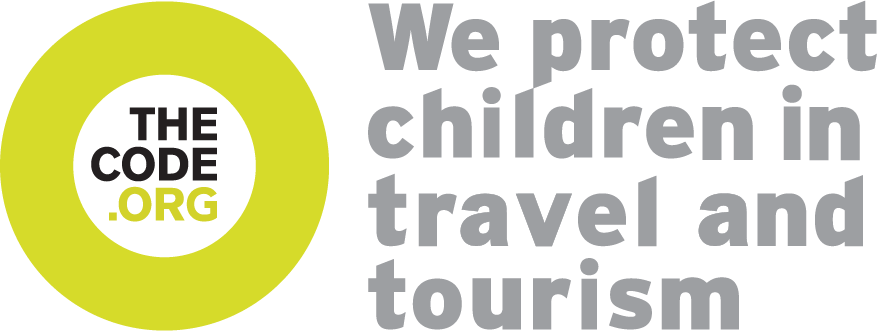Why is the hospitality industry such a target to better understand and recognize human trafficking? Many abductions and cases of abuse take place where we work and operate our programs: hotels, resorts, airports, restaurants, bars, and other public places of entertainment. According to Meetings & Conventions magazine, forced labor and sexual exploitation is a global problem — and now airlines, hospitality companies and meeting planners are taking serious steps to combat it.
According to International Crisis Aid
- Sex Trafficking exist Around the World
- 1.2 million children are being trafficked every year; this is in addition to the millions already held captive by trafficking (UNICEF)
- Every 2 minutes a child is being prepared for sexual exploitation (UNICEF)
- The average age of a trafficked victim is 12-14 years old (U.S. Department of Justice)
- UNICEF reports approximately 30 million children have lost their childhood through sexual exploitation over the past 30 years (IAST)
The International Labor Organization
The UN agency charged with addressing labor standards, employment, and social protection issues—estimates that there are at least 12.3 million adults and children in forced labor, bonded labor, and commercial sexual servitude at any given time. Of these victims:
- 1.4 million are victims of commercial sexual servitude. Also, 56% of all forced labor victims are women and girls. In the case of all forced labor, 40-50% of persons exploited may be children. (ILO)
- People are trafficked from 127 countries to be exploited in 137 countries (UN)
- The total market value of illicit human trafficking is estimated to be in excess of $32 billion (UN)
But what can we do about it?
Meeting and event planners need to be aware of the warning signs and know how to report incidents.
Warning Signs of Human Trafficking
Since human trafficking is often a crime that is hidden in plain sight, it is important to be aware of its warning signs. Some indications that a person may be a victim of human trafficking include (especially in the case of women and children):
- Appearing malnourished
- Poor physical or dental health
- Showing signs of physical injuries and abuse
- Avoiding eye contact, social interaction, and authority figures/law enforcement
- Seeming to adhere to scripted or rehearsed responses in social interaction
- Lacking official identification documents
- Appearing destitute/lacking personal possessions
- Working excessively long hours
- Living at place of employment
- Checking into hotels/motels with older males, and referring to those males as boyfriend or “daddy,” which is often street slang for pimp
- Tattoos/ branding on the neck and/or lower back
- Untreated sexually transmitted diseases
- Small children serving in a family restaurant
- Security measures that appear to keep people inside an establishment - barbed wire inside of a fence, bars covering the insides of windows
- Not allowing people to go into public alone, or speak for themselves
These warning signs are adapted from information provided by the Polaris Project and its National Human Trafficking Resource Center and Innocents at Risk.
5 Simple Ways to Act
We can all join in the fight against human trafficking. Here are a few ideas to consider:
- Train Staff to spot the indicators of potential human trafficking and provide information on how to report any issues (see below).
- Raise Awareness about human trafficking with your colleagues, clients, venues, and suppliers. Make it a topic on conference agendas so more individuals can learn about this issue.
- Establish a Policy and Procedures against human trafficking and include a clause in your contracts stating a zero-tolerance policy for human trafficking in your supply chain.
- Join the ECPAT-USA #20BY20 Campaign which aims to train 20,000 business events (BE) professionals to fight against human trafficking. The 25-minute online course provides credit for the Certified Meeting Professional (CMP) credential.
- Engage in the Conversation by following Meeting Professionals Against Human Trafficking, a Toronto-based group of dedicated conference/event planners, hotel sales professionals and audio visual professionals who are raising awareness about human trafficking.(Twitter, Facebook, LinkedIn)
If you see anything suspicious when you are traveling, call The National Human Trafficking Hotline 24 hours/day at (888) 373-7888.
